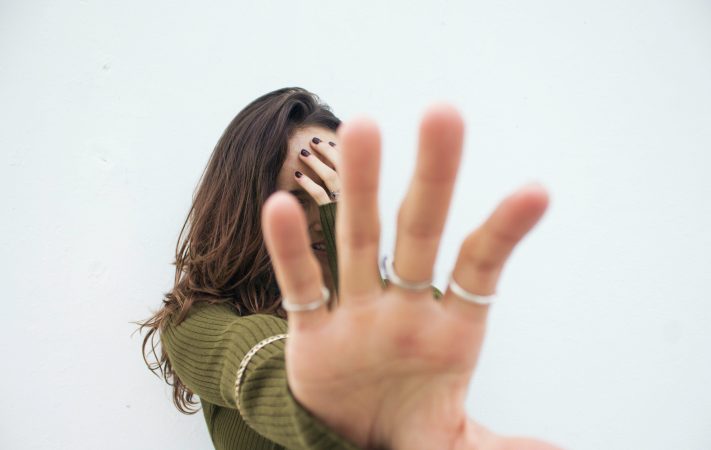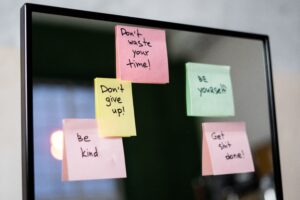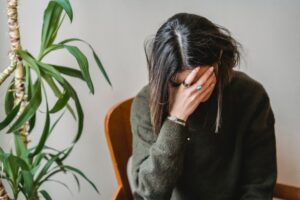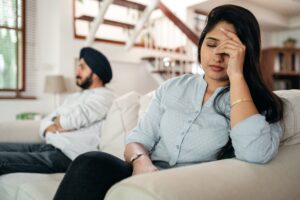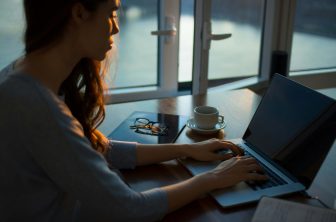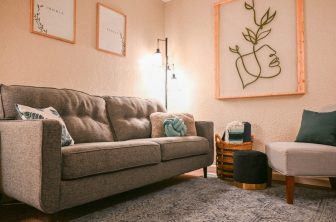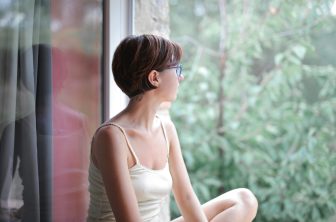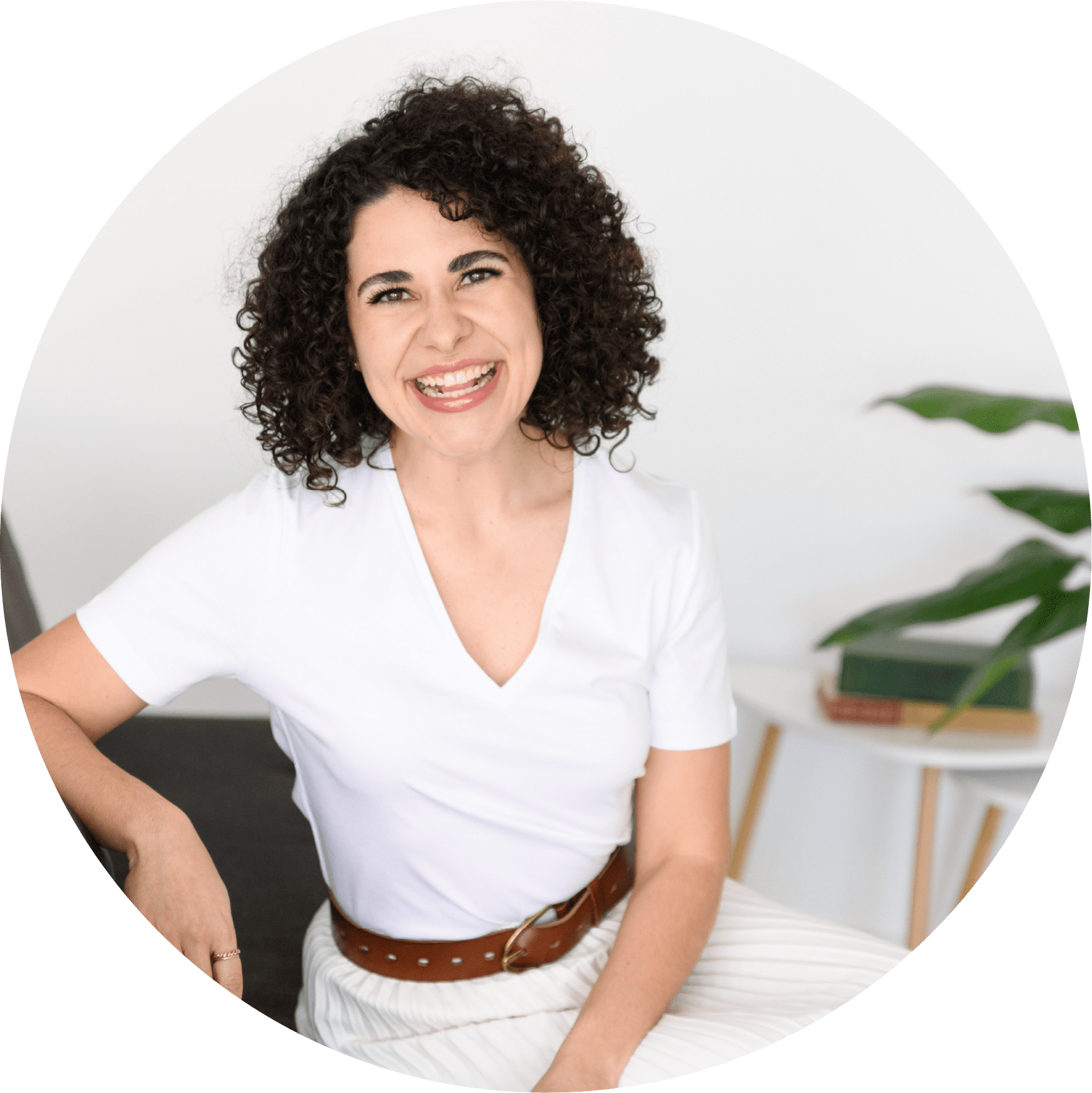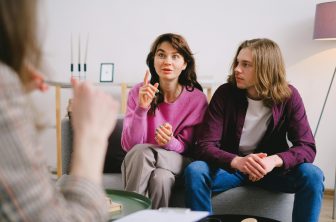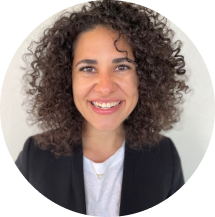Shyness and Social anxiety can seem the same but they are not. Read more to understand what they can look like.
Have you ever felt nervous about a social situation and wondered if that meant you have social anxiety? Or was it just shyness? Shyness and Social Anxiety are often used interchangeably, however these two words are not equal. It is normal to assume that if you are nervous in any social setting then you clearly have social anxiety but that is not necessarily true.
One of the biggest factors that makes these two words different is: Are you able to function? I don’t mean: “can you get through social events”; I mean: “is this interfering with my life?” Shyness and social anxiety can keep social experiences from being about making connections and strengthening bonds with others and instead be distressing experiences.
Do you want to know more about anxiety? Check here Anxiety, a brief description.
When it comes to social experiences, can you say “Yes” to an event you’d like to attend independent of who will be there? Shyness and social anxiety can occur in multiple different settings or only a select few. You might feel fine having time alone with your longtime friend but feel ill anytime you are invited to a work event. You may notice that you struggle with all social experiences. As we take a look at the differences between shyness and social anxiety a question to ask yourself is: To what degree are social gatherings difficult for me?
There is some overlap between shyness and social anxiety. Take a look below at a few examples of what attributes can arise for those experiencing shyness/social anxiety.
The overlap between Shyness and Social Anxiety:
- I feel uncomfortable at social gatherings.
- I think about what others might be thinking.
- I lean towards avoiding social experiences.
Shyness can look like this:
- When I spend time with people I am close to they see a different side to me and if I asked them they might not describe me as shy.
- I am quiet and you’ll probably find me in the back away from crowds of people I don’t know.
- I will likely seem withdrawn and like I don’t want to talk to anyone. I often don’t make eye contact and you may see some “resting bitch face”. It’s likely not directed towards you.
- I am looking around and taking my time to observe others.
- I want to say something but I’m not sure what or when to say it yet.
- Once I let myself get used to a group or situation and am comfortable I will start to open up.
- The people that I spend time with would probably say they know me but that I was slow to open up.
- Likely if you asked people I just met what they thought of me they would say I’m quiet and might have even thought I didn’t like them because I didn’t interact with them much.
- I often seem like I don’t want to talk to others but I am just trying to get comfortable before I interact.
- When asked direct questions: I may respond with “I don’t know.”, laugh, shrug or nod when I’m still feeling unsure of the situation and the people in it.
Social Anxiety can look like this:
- I am often terrified of being embarrassed or saying something wrong in a social situation.
- I rehearse what I will say in my head obsessively to make sure I’ll say it right
- I often assume people think poorly of me
- I often relive and dwell on social experiences that I feel ashamed about
- I know that I worry too much about social situations but I don’t know what to do about it
- I usually try to avoid most social gatherings to the point that it interferes with my life.
- I make excuses and find ways to get out of having to attend social events even if there is a part of me that would like to be there.
- I likely want to be social but the fear of what will happen at these events and what people will think or say about me keeps me from attending.
- When I do attend events, I struggle. My mind feels like it’s racing and then sometimes just goes blank. I will even feel sick, nauseous or become sweaty.
- After an event I will replay what occurred and analyze how I did.
- I might even have a drink in my hand to help cope. When I drink I tolerate social situations pretty well and even enjoy them. Some people might even say that I’m the life of the party.
- After events I seek reassurance that I didn’t offend others, annoy anyone and did a good job.
Shyness and social anxiety can often seem the same and get misinterpreted. It is normal to experience some level of discomfort especially when trying out new things. However, shyness and social anxiety are not the same and understanding the overlap and differences allow you to comprehend your own experiences in social realms and make sense of them.
Hopefully this post allows you to take one more step into making sense of shyness and social anxiety.
I look forward to hearing from you and hope this helps you as you take your own powerful and transformative journey. Per usual take what fits for you, leave what does not, and join me next time. Until then let’s stay social 🙂

